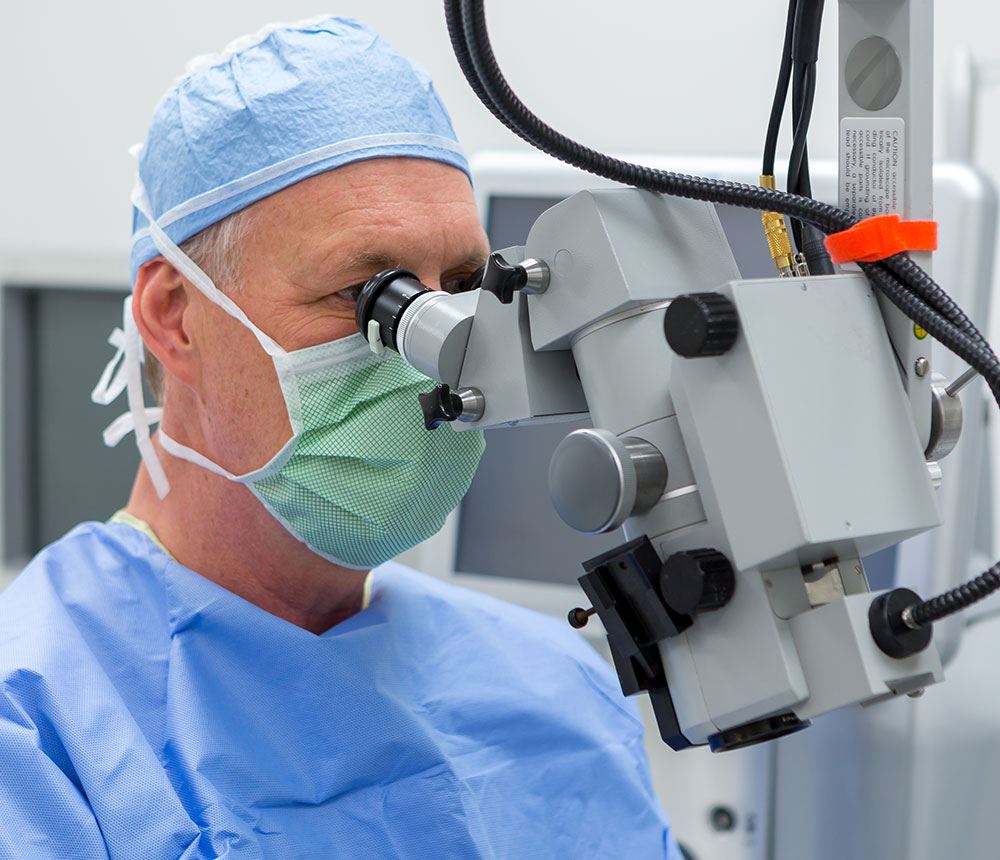Do you need a new eye doctor? Before you point and pick from the dozens of results you googled, take a look at the questions to ask.
What Type Of Eye Professional Do You Need?
Not all eye care service providers are the same. The type of professional you need to see depends on your individual eye care needs. The most common choices are:
- Optometrist. This type of professional isn’t a medical doctor (MD). Instead, optometrists are Doctors of Optometry (OD). An OD tests sight, diagnoses vision changes and disorders, and provides corrective treatment.
- Optician. An optician can fit eyeglasses – but this vision care professional can’t diagnose an eye disorder or change or write a prescription.
- Ophthalmologist. An ophthalmologist is either a medical doctor (MD) or an osteopathic doctor. This type of professional has extensive training in diseases and changes of the eye. They can diagnose eye issues, write prescriptions, fit glasses or contacts, and perform surgery.
If you have a complex condition (such as diabetic retinopathy), need eye surgery, or have a chronic eye disease, you need an ophthalmologist. While you can see one of the other types of professionals for vision tests or to fit glasses, an ophthalmologist can also provide these services. The MD (or osteopathic doctor) is a comprehensive provider who can meet your eye care needs – from minor to major.
What Services Does An Ophthalmologist Offer?
Is an ophthalmologist your professional of choice? While this type of eye care professional has a medical background and can offer services some other providers don’t, you need to make sure they can meet all of your individual eye or vision needs. Services you may want to ask the ophthalmologist’s office about include:
- LASIK. Laser-assisted in-situ keratomileusis (commonly known as LASIK) is a corrective surgery that can change the shape of the cornea. This surgical procedure eliminates the need for corrective lenses, such as glasses or contacts.
- Corneal disease. Corneal disease is a broad category that includes several different conditions, such as dry eye, keratitis, injuries, and dystrophies. These conditions may require emergency treatment for an injury or long-term care.
- Cataracts. This cloudy area forms when proteins in the eye clump together. Surgery can correct the problem and help to restore vision.
- Diabetic retinopathy. Uncontrolled diabetes can result in damage to the retinal blood vessels. This causes serious vision changes. According to the U.S. Centers for Disease Control and Prevention (CDC), this is the leading cause of adult blindness in the United States.
- Glaucoma. This type of eye issue involves damage to the optic nerve. The most common cause of glaucoma is increased pressure in the normal eye fluid. The result is decreased vision or complete vision loss.
Along with these issues, talk to the ophthalmologist about general services. Patients who are near-sighted, farsighted, or have astigmatism can also benefit from the services of this type of eye care professional. Some ophthalmologists may offer all eye care services, while others only provide select or specialized options.
What Do You Expect From An Ophthalmologist?
Every patient has their own individual expectations for care. Even though an ophthalmologist may provide the medical services you need, you may also want to consider expectations such as:
- Office hours. When can the eye doctor see you? Make sure your vision professional of choice has hours that meet your scheduling needs. If you have concerns about injuries or immediate care, ask the office if they have emergency or after-hours services.
- Experience. An ophthalmologist must complete college, medical school, and several years of advanced specialty training. Along with their education, ask your potential future eye doctor about their experience in the field.
- Accessibility. Can you reach the doctor when you need them? Talk to the office’s staff about accessibility and modes of communication (such as phone calls, emails, or telehealth choices).
Learn more about the ophthalmologist and what you can expect from the professional themselves and from recommendations or referrals. Talk to friends or family who have used the provider’s services or ask the office for customer reviews.
Are you ready to make an ophthalmologist appointment? Contact Davies Eye Center for more information.


